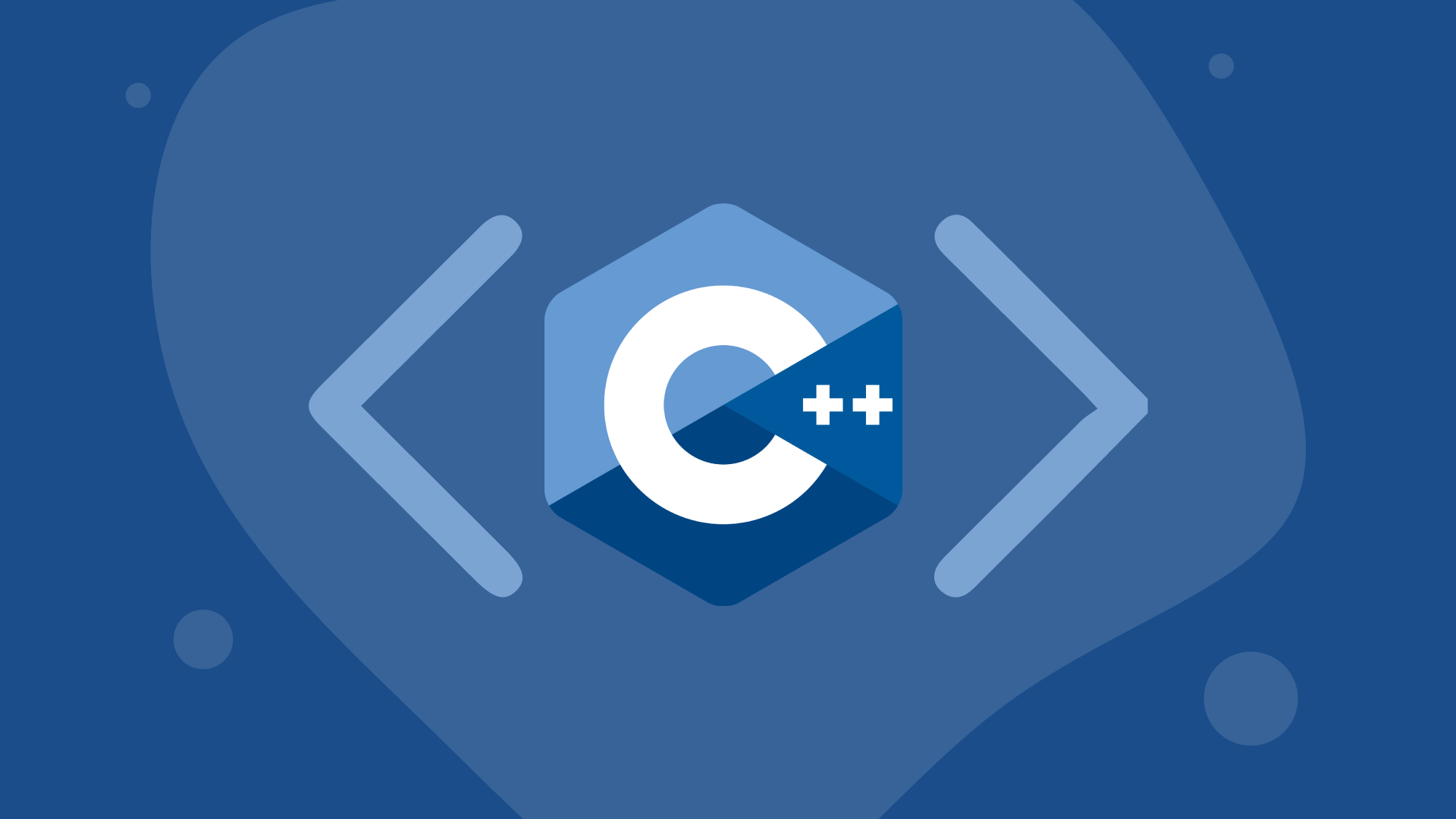
#include <iostream>
#include <thread>
#include <future>
using namespace std;
int f1()
{
this_thread::sleep_for(3s);
return 10;
}
int main()
{
// thread t(&f1);
// t.join();
// async로 thread를 대신해보자.
future<int> ft = async(launch::async, &f1);
cout << "Main routine" << endl;
cout << ft.get() << endl; // 스레드 종료 대기
}
- launch policy
async: 비동기로 실행defered: 지연된 실행async | deferred: 스레드 생성이 가능하면 스레드로 그렇지 않으면 지연된 실행
#include <iostream>
#include <thread>
#include <future>
using namespace std;
int f1()
{
cout << "f1 : " << this_thread::get_id() << endl;
this_thread::sleep_for(3s);
return 10;
}
int main()
{
cout << "Main : " << this_thread::get_id() << endl;
// future<int> ft = async(launch::async, &f1);
future<int> ft = async(launch::defered, &f1);
this_thread::sleep_for(1s);
cout << "Main routine" << endl;
cout << ft.get() << endl; // defered 옵션이라면, get호출 시점에서 thread 생성
}
#include <iostream>
#include <thread>
#include <future>
using namespace std;
int f1()
{
this_thread::sleep_for(3s);
return 10;
}
int main()
{
// future<int> ft = async(launch::async, &f1);
// 리턴을 받지 않는다면?
async(launch::async, &f1); // future가 임시 객체로 리턴
// 이 줄이 종료되면 리턴(임시객체)는 삭제된다.
// 따라서 스레드가 실행되며 3초간 이 줄에서 대기하게 된다.
cout << "Main routine" << endl;
//cout << ft.get() << endl;
}